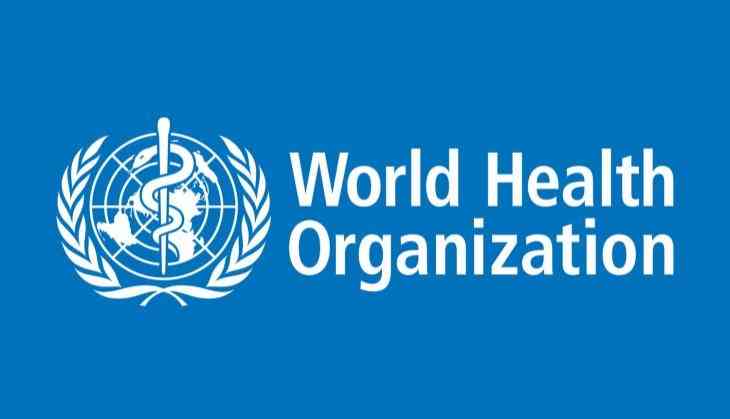
India among other countries in the South East Asian Region, which bear half of the global tuberculosis burden, on 16 March signed a 'call for action' and pledged to scale up measures to end the disease by 2030.
India reports 2.8 million new TB cases annually and nearly half a million deaths due to the disease.
"Health ministers from countries in WHO South-East Asia Region, which bear half the global TB burden and WHO today signed a 'Call for Action' for ending TB, pledging to scale-up efforts and implement adequately funded, innovative, multi-sectoral and comprehensive measures to achieve the global target to end the disease by 2030," WHO said.
The Health Ministers from WHO SEARO took part in the two-day ministerial meeting towards ending TB in the region which culminated here 16 March.
In 2015, TB caused nearly 8,00,000 deaths in the region, while an estimated 4.74 million new cases were reported.
Six of the region's countries - Bangladesh, DPR Korea, India, Indonesia, Myanmar and Thailand -- are among the 30 high TB burden nations globally.
"We need to make ending TB our central priority. The disease continues to be a leading cause of death and lost productive years in the crucial age group of 15-49 years causing catastrophic expenses, financial losses, outright impoverishment of individuals and households and massive aggregate costs to national economies.
"Ending TB is paramount for health and development across the Region," said Poonam Khetrapal Singh, Regional Director for WHO South-East Asia.
Committing to take exceptional action and high-impact interventions as per the Call for Action, the ministers also agreed to lead the implementation of the national TB response through an empowered body reporting to the highest levels of government.
WHO SEARO said while countries in the region have been making efforts against TB, the annual decline in TB incidence - which is currently between 1.5 per cent and 2 per cent - is "insufficient" and needs to be scaled up to at least 10 per cent to 15 per cent to meet the 'End TB' targets.
The global targets seek to reduce TB mortality by 90 per cent and incidence by 80 per cent by 2030.
The initiative also stresses on increasing government and partner budgetary allocations to enable national TB plans to be fully funded.
The ministers discussed about setting up of a 'regional innovation to implementation fund' for accelerated sharing of knowledge, intellectual resources and innovations to reach out and treat all cases.
Singh said countries also need to apply best practices in taking comprehensive TB treatment and prevention programmes to universal scale while improving quality and making them genuinely "people-centered".
"They need to tackle poverty, malnutrition, quality of health care services, sub-optimum living conditions and other socio-economic factors that fuel TB," she said. .
-PTI







![BJP's Kapil Mishra recreates Shankar Mahadevan’s ‘Breathless’ song to highlight Delhi pollution [WATCH] BJP's Kapil Mishra recreates Shankar Mahadevan’s ‘Breathless’ song to highlight Delhi pollution [WATCH]](http://images.catchnews.com/upload/2022/11/03/kapil-mishra_240884_300x172.png)

![Anupam Kher shares pictures of his toned body on 67th birthday [MUST SEE] Anupam Kher shares pictures of his toned body on 67th birthday [MUST SEE]](http://images.catchnews.com/upload/2022/03/07/Anupam_kher_231145_300x172.jpg)






